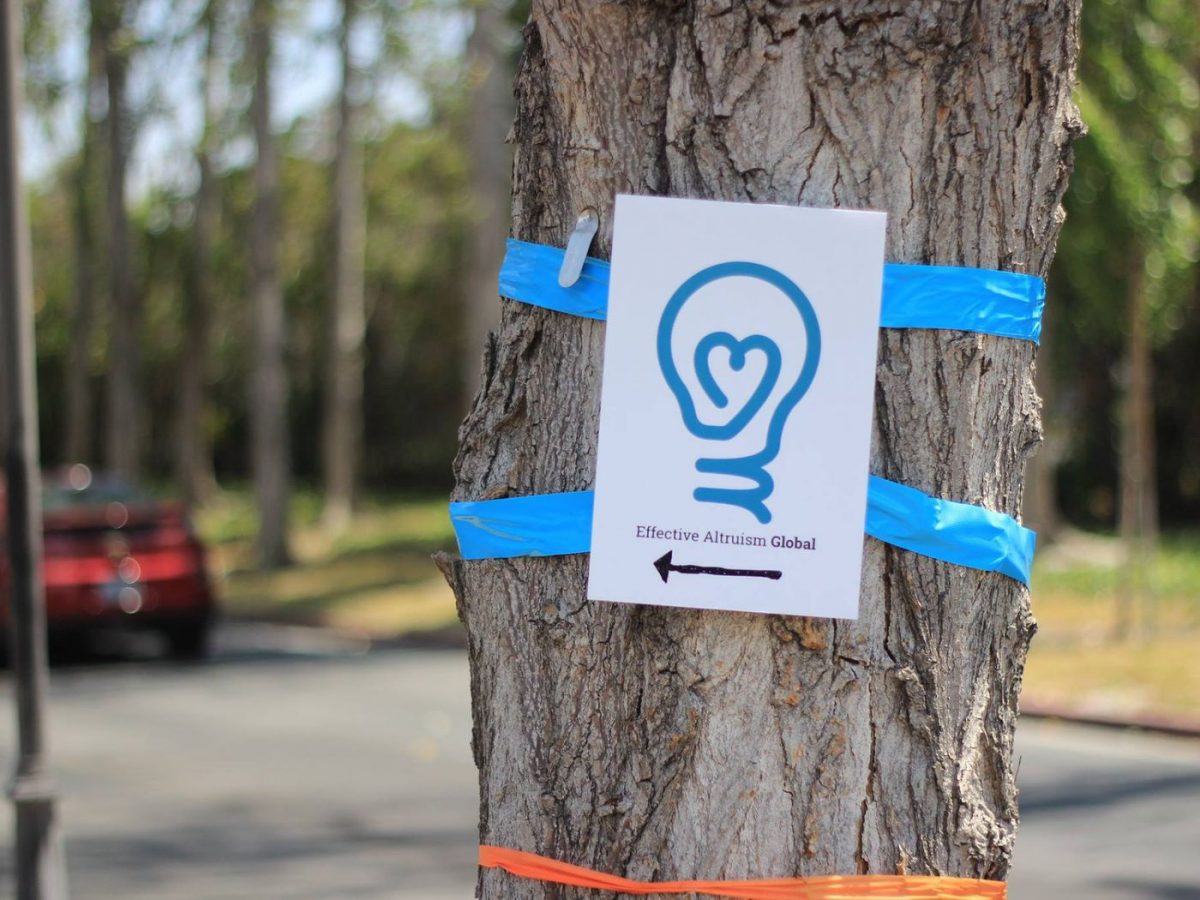
This month, The Marshall Institute appointed Sonal Sachdev Patel as its first Philanthropist in Residence. Here, Sonal explains the thinking behind the concept and what she hopes to achieve in the coming year.
This month, I was honoured to be named as the LSE’s inaugural Philanthropist in Residence at the Marshall Institute.
I know what you’re thinking: “What on earth is a Philanthropist in Residence?”
It’s a fair question. And I’ve got an answer ready – because I have been thinking about the need for this role for some time.
Philanthropy as a sector is the subject of greater interest, debate and scrutiny than ever before. It’s also going through a period of profound transition. Over the next three decades, the world will experience the greatest transfer of wealth in history. In the next decade alone, an incredible USD$30tn is set to change hands, with women poised to inherit a sizable share of that wealth. Trillions more will be inherited by other high net worth and wealthy families in the years that follow.
There is an entire industry (maybe ‘ecosystem’ is a kinder word here) already dedicated to helping to educate, support and manage the wealth of philanthropists. You just have to utter the words ‘high net worth’ and advisors come running. But a lot of that support is structural or process oriented, focused on specific thematic areas or outcomes, and can be influenced by the vested interests and incentives of those offering the guidance in the first place.
What is much less common are genuinely ‘sell-free’ spaces where philanthropists can come together to reflect on our role and practice in the broadest sense; the outsized power we wield in society, and the responsibility we might have at this moment in history.
The concept of a philanthropic residency emerged from here.
I was inspired by the way an artistic residency is an opportunity for an artist to work outside their usual environment, creating space to reflect, explore, research or produce new work without a fixed agenda or set outcome in mind.
It works in other industries too – there are entrepreneurs in residence, practitioners in residence, and many others. The protagonists may be different, but what unites them is the goal to explore, experiment, connect, challenge and change. I see great potential in what this role could become – first at the LSE, but soon in other spaces of resource and power like private banks.
When I first shared the idea of a Philanthropist in Residence with the Marshall Institute’s Stephan Chambers, he was similarly interested in the potential this could have. But what was clear to us both is that we didn’t want to create an ‘LSE answer’ to the question of philanthropy. Instead, we were energised by the potential to debate and explore further.
I’ll begin my residency by hosting a series of events; closed-door, pitch-free roundtable discussions for self-reflective philanthropists. For the kinds of philanthropists who are already into their giving journey and want to interrogate its impact or direction. For newer philanthropists who want to really take time to listen and learn from others. For philanthropists who aren’t afraid to examine their own motivations and biases, asking hard questions about where we get our information, where our decision-making comes from and more. For philanthropists who can challenge the system of privilege and power that elevates them based on wealth and status. For the kind of philanthropists who cringe every time they’re described as a philanthropist. For philanthropists like me.
I’ve always rejected the idea of ‘silver bullet philanthropy’, and this is no different. In my role leading my own family’s philanthropic foundation, GMSP Foundation, we have a theory of change, a set of values and a guiding philosophy of ‘spiritual solidarity’ that informs the way we work. And while I’ll bring my experience and insights to the Philanthropist in Residence position, I’m not going to be telling other philanthropists what to do.
The transformative potential of philanthropic capital is undeniable – from the ‘patriotic millionaires’ advocating to raise their own tax bills, to grant swaps, impact investing and more.
I’m grateful for the chance to consider all these ideas, and bring many new ones to the position of Philanthropist in Residence at LSE and the Marshall Institute. This is a place of learning, discovery and impact. How lucky I am to call it my new home.
@SachdevPatel




